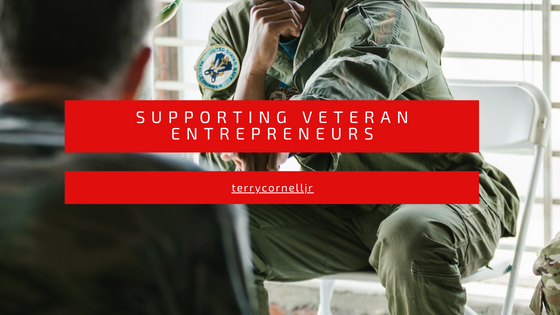In 2018, veteran-owned businesses comprised only 5.9% of all businesses in the United States. This is despite 45% of them being more likely to start their businesses than non-veterans.
The skills and experience of America’s veterans make them natural entrepreneurs. However, they may face challenges when they return to civilian life. This is why they must have the proper resources and networks to start their own businesses.
Access to capital funding should be democratized. This will allow veterans to have the necessary resources to start their own businesses. Let’s dive into reasons why this matters.
Veterans Provide Purpose
Compared to non-veterans, veterans are 1.5 times more prone to committing suicide. This is a staggering figure and is even higher for female warriors.
One of the most important factors that contribute to the high suicide rates of veterans is their ability to integrate successfully into society. As a member of a mission-focused organization, I have witnessed how uplifting it is for a veteran to feel that they have something to contribute to the world.
While it is common for veteran-owned businesses to hire people who have served the country, helping them access capital can also help boost the entrepreneurship ecosystem in America.
Lack Of Capital Can Prevent Veteran Entrepreneurs From Building Businesses
Many veterans have been scaling and founding businesses for decades. They have the necessary skills and experience to run successful organizations. These include the ability to manage a team and stay calm under pressure.
In 2016, a report by Inc.’s Kim Weisul stated that after World War II, almost half of the country’s veterans had gone on to start businesses. However, only 4.5% of those who came back from the post-9/11 era have started or built businesses. This is a significant drop, and the lack of capital and knowledge about entrepreneurship is the main reason this figure has decreased.
Fortunately, various programs can help veterans get access to capital. Some of these include the Small Business Administration’s loans and the rising class of institutional and angel investors. These investors can also provide veteran entrepreneurs with opportunities to acquire finance.
In addition, various resources can help veteran entrepreneurs start or expand their businesses. These include the Buy Then Build book by Walker Deibel and the Stanford Search Fund primer.
